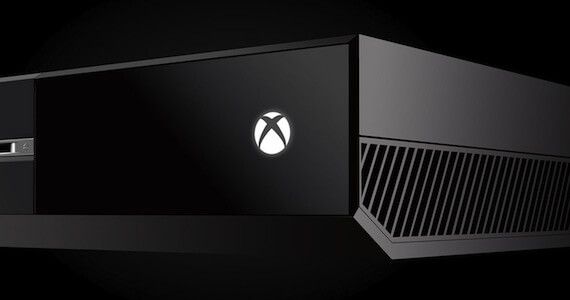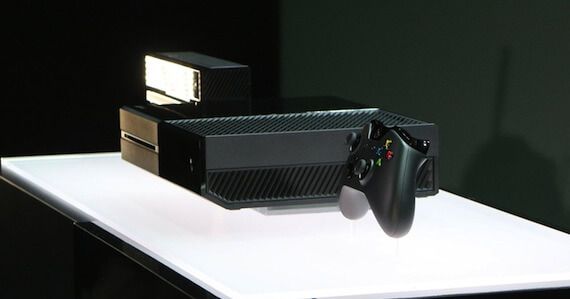In past console generations, console makers like Sony, Microsoft, and Nintendo have allowed gamers to transition into the next-gen while still providing all the functionality necessary to play current or past-gen games. With the introduction of the Xbox One and the PS4, however, that feature, called backwards compatibility, is no more.
Both console makers had their reasons for not including backwards compatibility in their consoles, but each hopes that will be a small price to pay once gamers get their hand on next-gen titles. Nevertheless, many gamers are still disappointed by the lack of backwards compatibility, and have voiced their displeasure to both Microsoft and Sony.
To further examine the issue, GameSpot posed the question of backwards compatibility to Microsoft Senior Director Albert Penello, who responded by saying the feature might not be completely lost on the Xbox One. Microsoft's new Azure Cloud service offers myriad possibilities when it comes to the Xbox One, and one of the possibilities could (emphasis on could) be backwards compatibility.
The backwards compatibility that Penello refers to, however, is more in the theoretical sense, not in the "this Xbox 360 disc will work in a Xbox One" sense. The power of the cloud would replicate the processing power of the 360 and would thereby make playing older games possible. In other words, the Xbox One would be able to play digital versions of Xbox 360 games. Sony, for example, is using its Gaikai cloud streaming service as a backwards compatibility solution and the Xbox One presumably could do the same thing.
Q: We're seeing one of your competitors, Sony, doing backwards compatibility through streaming. Does the cloud-powered nature of the Xbox One leave it open for things to change in the future for something like that?
A: Yeah, absolutely. That's one of the things that makes [the cloud] at the same time both totally interesting and hard to describe to people. Because what the cloud can do is sort of hard to pin. When you say to the customer, we want the box to be connected, we want developers to know that the cloud is there. We’re really not trying to make up some phony thing. But there are so many things that the servers can do. Using our Azure cloud servers, sometimes it’s things like voice processing. It could be more complicated things like rendering full games like a Gaikai and delivering it to the box. We just have to figure out how, over time, how much does that cost to deliver, how good is the experience.
While this news is sure to get Xbox fans excited, especially those who have their November 22nd, Day One Edition secured, Microsoft's PR was quick to point out that Penello was only speaking theoretically. His statements are not an admission that Microsoft is working on a type of backwards compatibility for Xbox One, and gamers should not count on this feature appearing somewhere down the line.
At the same time, knowing that the power of the cloud makes this possible could be a big win for Microsoft and the Xbox One. There are still plenty of worthwhile games releasing in this generation, and some gamers will want to pick them up for current-gen consoles so as to play them day-and-date with release.
Granted, many of those games will be available on the Xbox One and the PS4, and both Microsoft and Sony have generous upgrade offers for those gamers who pick up current-gen editions, but that shouldn't undermine the fact that backwards compatibility is important to a lot of gamers. Maybe it won't be by the time we get a year into the new consoles' lifecycles, but it is now.
Do you think that either the Xbox One or PS4 will ever introduce some sort of backwards compatibility? How important is such a feature to you?
Microsoft's Xbox One releases November 22, 2013 in North America.
-
Source: GameSpot


